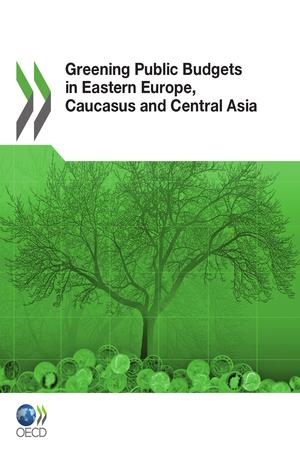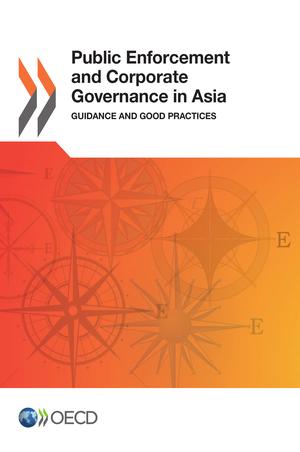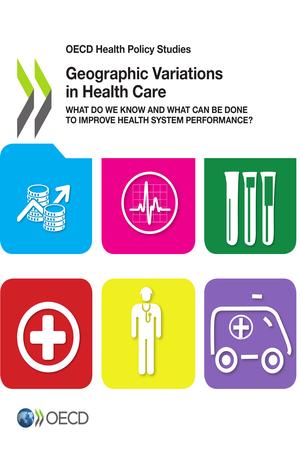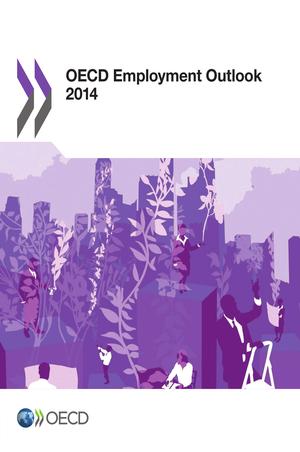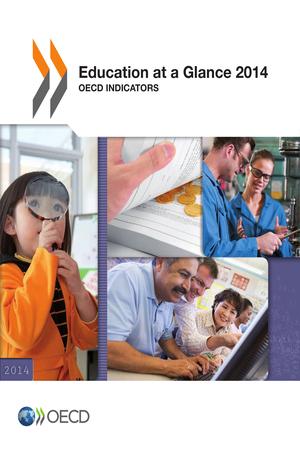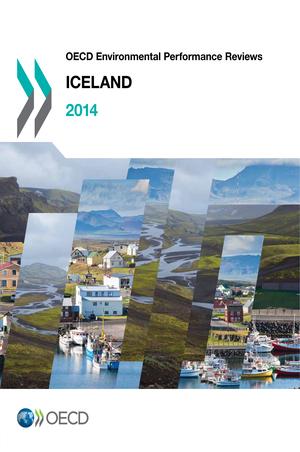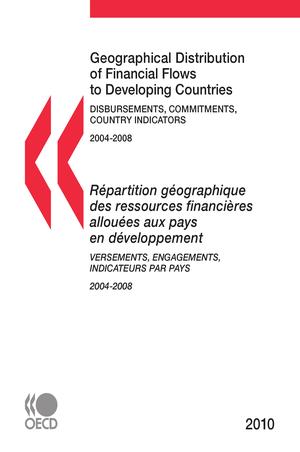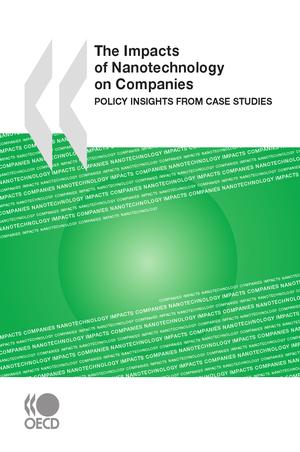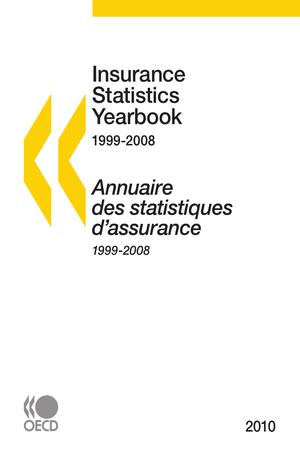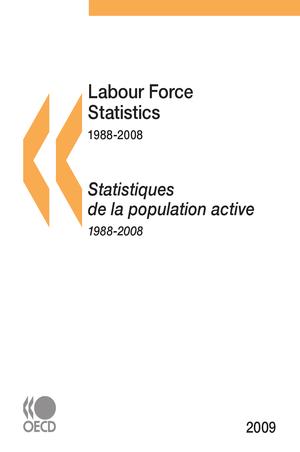Over the last two decades, the countries of Eastern Europe, Caucasus and Central Asia (EECCA) have undergone significant political and economic reforms. As part of this reform agenda, they have started modernising their public administrations and expenditure management practices, bringing them closer to international standards. However, the recent global financial and economic crisis revealed a multitude of remaining structural weaknesses in the public financial systems of these countries that badly affected their economic performance. While this crisis is a real challenge, it also provides an opportunity for the EECCA governments to speed up the implementation of public finance reforms (PFRs) in order to provide a healthier basis for further development.
This report aims to help EECCA environmental administrations to harness the potential benefits of on-going PFRs; particularly the shift to multi-year budgeting, stability of funding, and, ultimately, a more effective use of public money. More specifically, the extent to which the environmental sector is integrated into medium-term budgetary processes is analysed. On this basis, the opportunities for, and limits to, achieving financial sustainability of public environmental programmes are identified. The analysis is based on a regional survey of 10 EECCA countries that involved both ministries of environment and finance.
